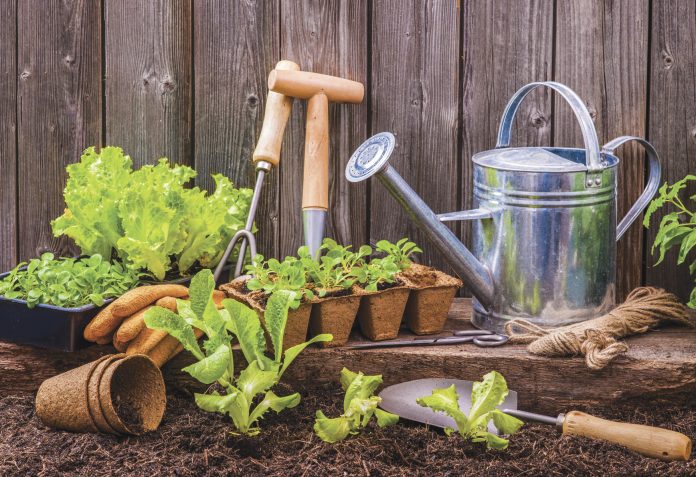COLUMBUS — This time of the year everyone is anxious to get out and begin planting their vegetable garden. You may have spent the last few months browsing the seed catalogs and dreaming about fresh tomatoes from your garden.
Also, you may have recently noticed vegetable transplants at your local retailers; however, this does not necessarily mean it is time to start planting.
Few gardeners check the soil temperature before planting, yet it is probably the most important factor affecting seed germination and plant growth.
Planting too early, before allowing the soil to warm up, can lead to seed rot, delayed germination, root decay, poor growth and disease. Soil thermometers are used to measure a soil’s temperature.
Temps
To determine the soil temperature, simply push the thermometer into the soil to the depth of the seed planting; however, for transplants it is best to determine the soil temperature at about 4 inches. Soil thermometers can be purchased at local nurseries and hardware stores or ordered from gardening catalogs.
Vegetables are categorized into either cool or warm season crops.
Cool season
Cool season crops, such as broccoli, cabbage, beets and carrots, can germinate at minimum soil temperatures of 40 degrees.
Warm season
Warm season crops, such as beans, tomatoes, peppers and squash can germinate at minimum soil temperatures of 55 to 60 degrees. The same soil temperatures should also be used when planting transplants.










